By Rush Doshi
On January 11, Taiwanese voters will elect a new president and parliament. The election pits incumbent President Tsai Ing-wen and her Democratic Progressive Party (DPP) against Han Kuo-yu, the mayor of the southern city of Kaohsiung, and his opposition Kuomintang (KMT). But the vote is about more than that. It is a battle over the island’s relationship with China—a contest between those advocating for more distance from the mainland and those calling for less.
Joining Tsai and Han in that contest is a third, unofficial contestant: Beijing. The Chinese government has undertaken a vast information influence campaign designed to support its favored candidates and sow distrust in Taiwan’s democracy.
China’s efforts go far beyond spreading disinformation and stale state propaganda. Beijing’s ambition is to shape the production, dissemination, and consumption of information in Taiwan. And as my colleagues and I argue in a forthcoming Brookings report, these efforts foreshadow a sophisticated strategy to influence every stage of the global information supply chain, from the people who produce content to the institutions that publish it and the platforms that deliver it directly to consumers. Democracies around the world should pay close attention to what happens in Taiwan’s election—for their own journalists, media companies, and platforms are fast becoming the focus of similar efforts by Beijing.





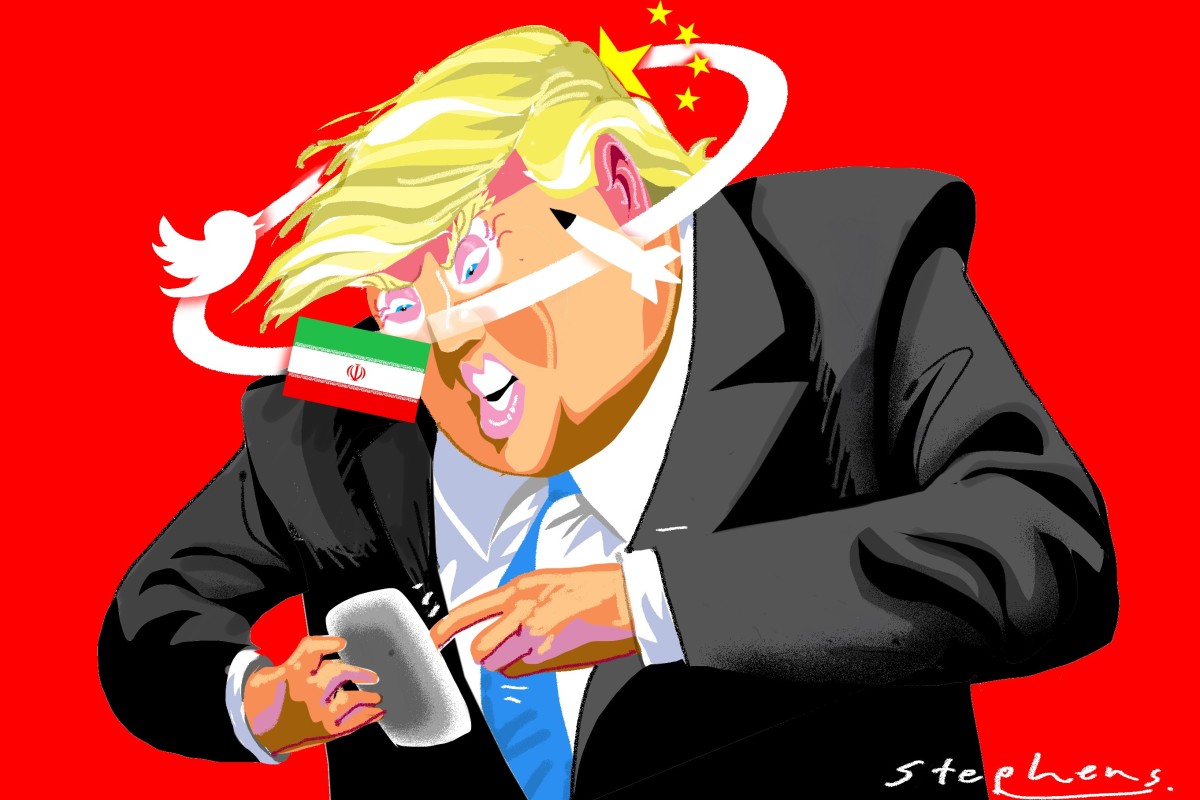



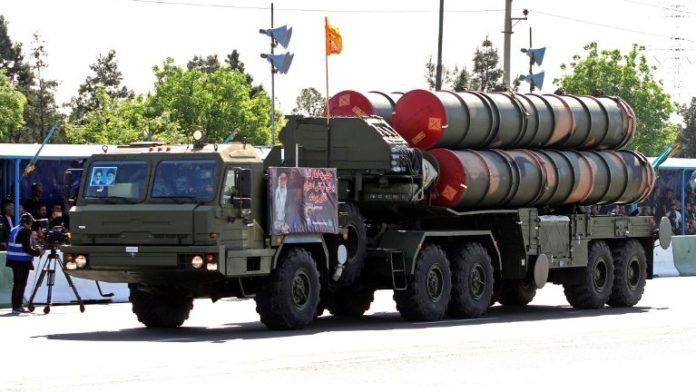
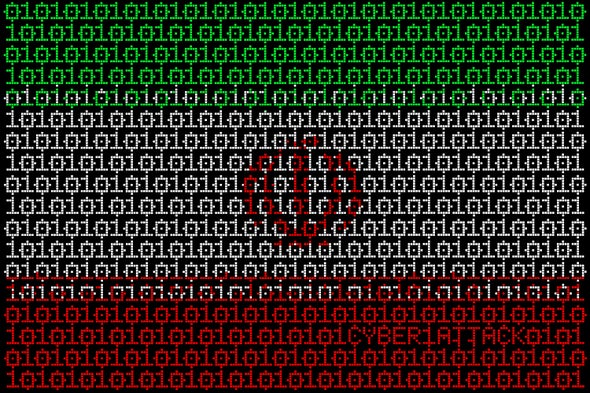
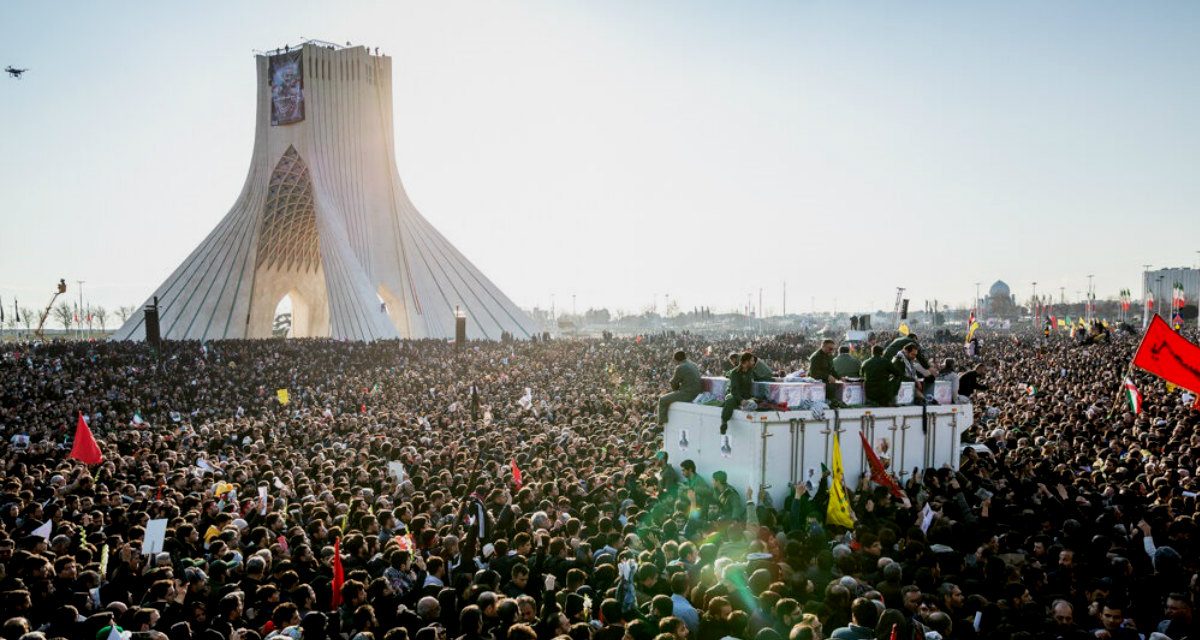
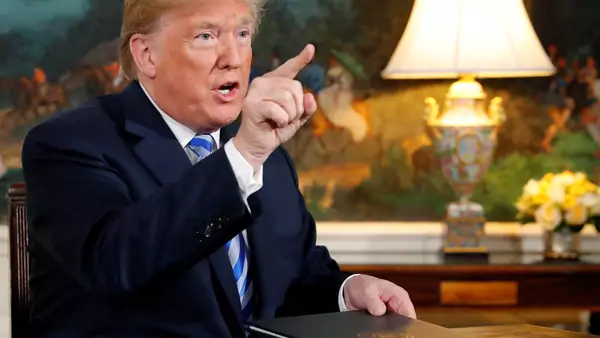





/arc-anglerfish-arc2-prod-mco.s3.amazonaws.com/public/J3PNNQCXKNAUXK6BW3KQNOUSAE.jpg)